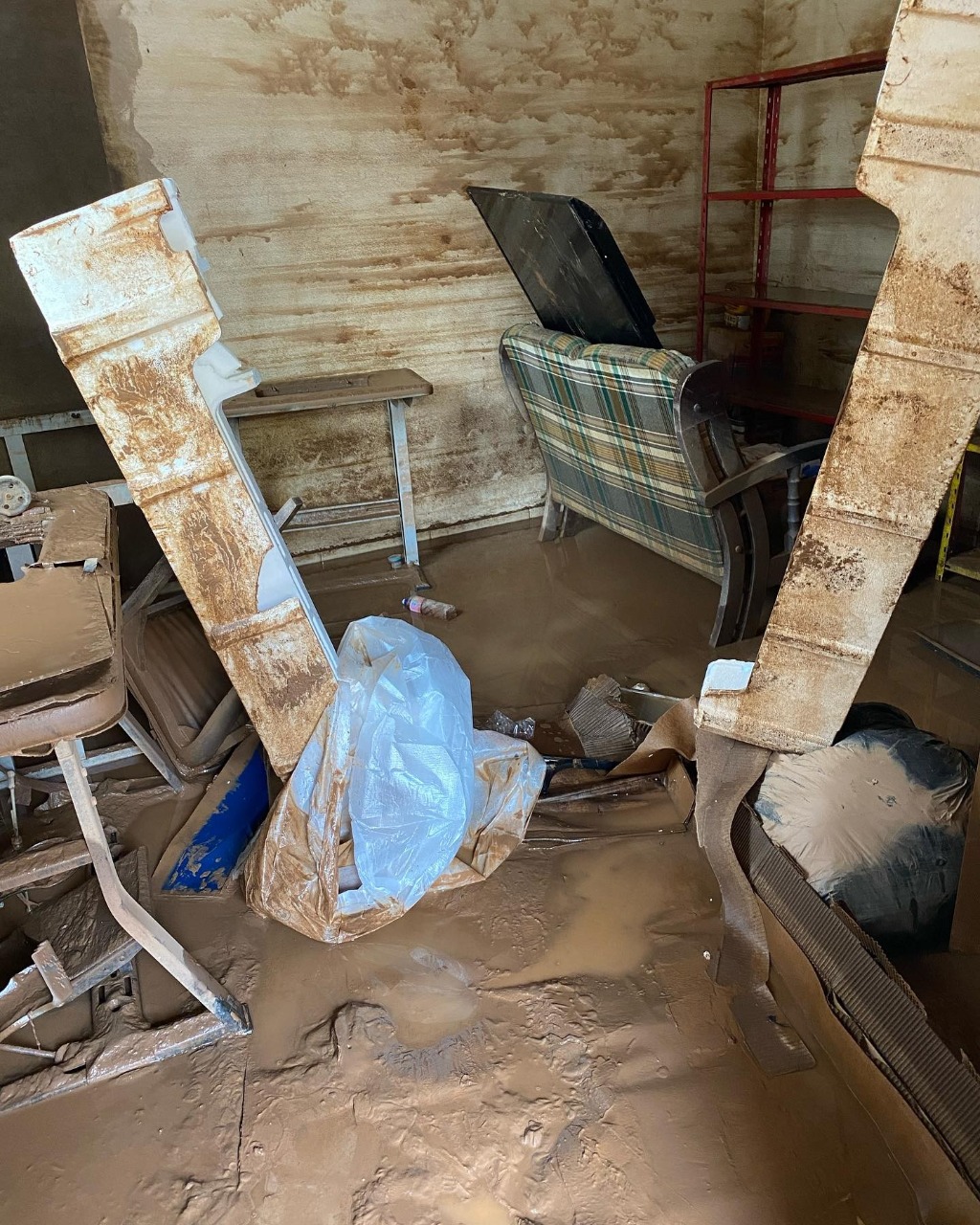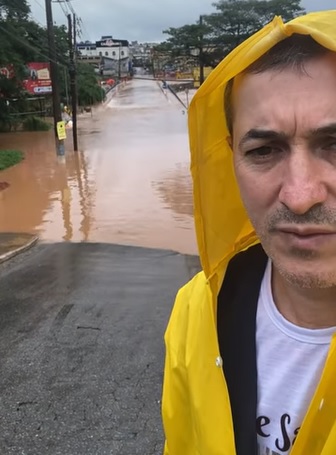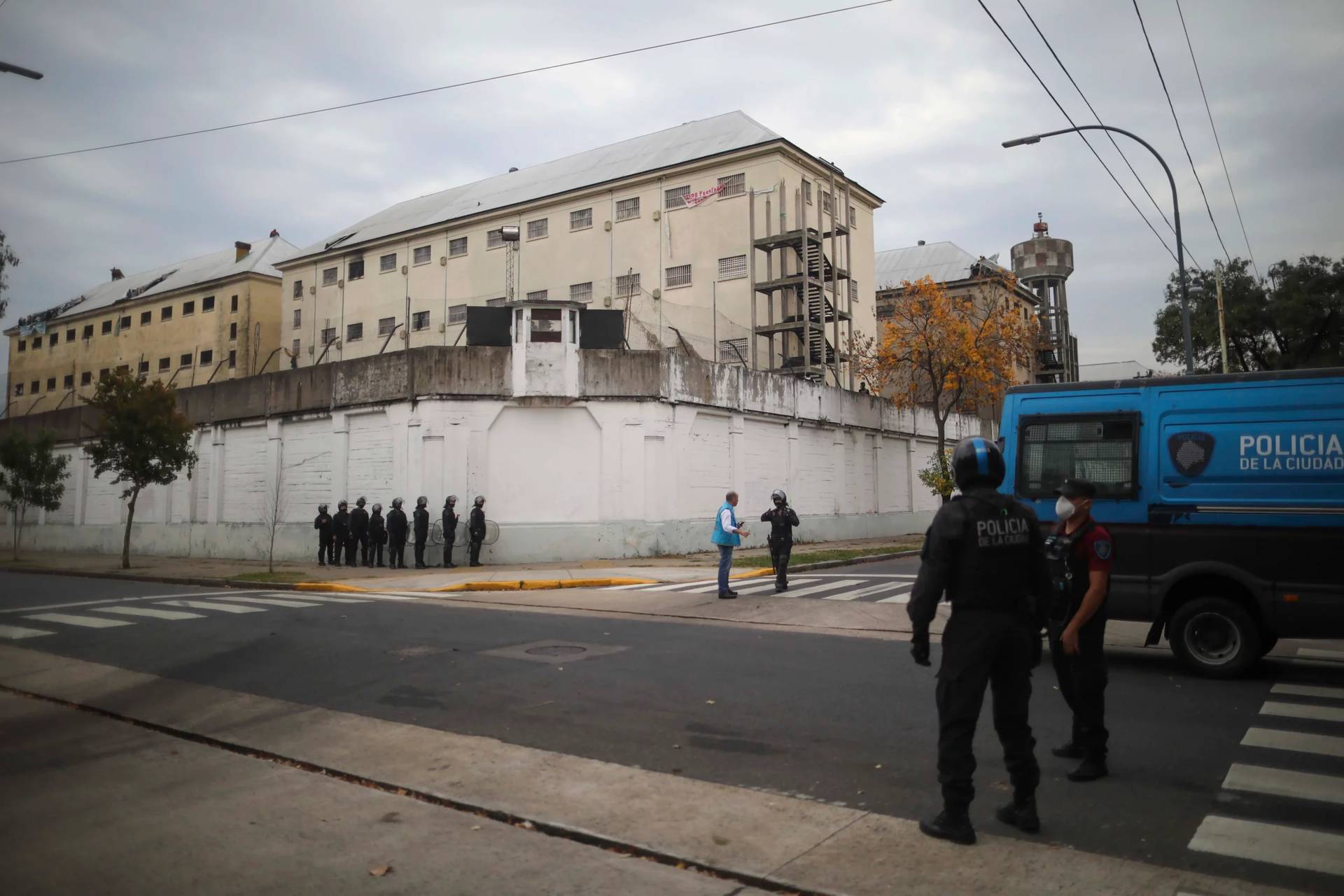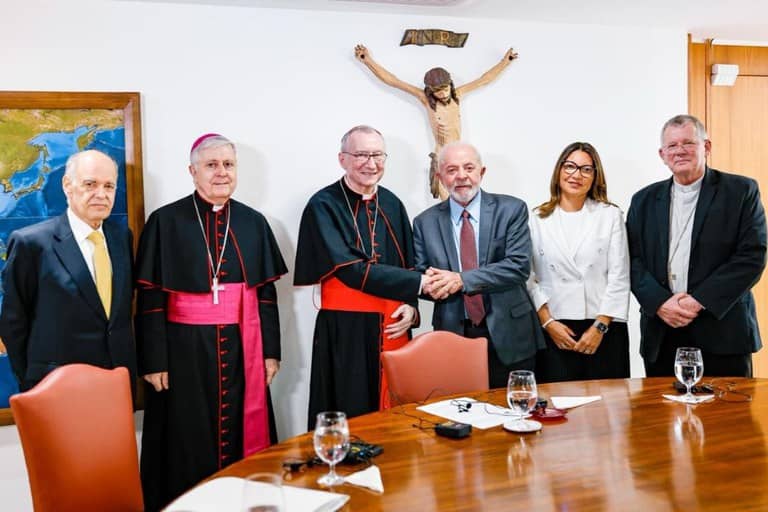SÃO PAULO – Heavy rains have left 376 cities in Brazil’s Minas Gerais State in a state of emergency. More than 35,000 people have been displaced and at least 25 people lave died as a result of flooding.
Anna Crystina Alvarenga, a coordinator for Caritas Minas Gerais, said the storms first hit the northeast part of the State at the beginning of December. The River Jequitinhonha swelled and inundated several cities in the region, like Palmópolis and Jequitinhonha, affecting both urban and rural areas.
Then a second wave of storms impacted the northern part of the state at the end of December, also hitting other cities, including Salinas and Porteirinha.
“Since the beginning of January, heavy rains have been falling on the River Mucuri valley and in the region of [Minas Gerais] capital city, Belo Horizonte,” Alvarenga said.
The National Conference of Bishops of Brazil has been campaigning for donations for the floods’ victims since December 11. Caritas Minas Gerais is working on the three fronts.
“In the north, people are still in shelters, and we have been distributing food kits. In the Jequitinhonha valley, people are going back to their homes, so we are giving them support for the necessary repairs,” Alvarenga said.
Bruno Pereira, a Caritas agent in the city of Jequitinhonha for the Diocese of Almenara, told Crux that 14 of the diocese’s 17 cities have been impacted by the floods.

“Many people lost their homes. The diocesan Caritas alone has already distributed more than 77 tons of food,” he said.
Pereira explained there are many wattle and daub houses in the region, and they were easily destroyed by the water.
“In rural areas, small farmers not only lost their houses, but also their produce. It is the only income source they have. We are developing projects to support them,” he said.
In the metropolitan zone of Belo Horizonte, thousands of people had their houses flooded and lost furniture and appliances.
One of the most affected cities is Brumadinho, where a tailings dam – used to store liquid waste from mining operations – collapsed in 2019, killing 270 people and leaving hundreds of others displaced.
The Paraopeba River, one of the streams contaminated by the toxic mining mud three years ago, flooded vast areas in the city, at times reaching the rooftops of the houses.
“I have been visiting several houses in regions where the water receded. They are full of mud. One can realize that it is mining mud. It is darker and has a chemical odor,” Auxiliary Bishop Vicente Ferreira of Belo Horizonte told Crux. The local Church is warning people to avoid direct contact with the contaminated mud.

Ferreira said that dozens of displaced people have been sheltering in churches.
“In one parish, we welcomed 70 people and fed 100 every day during the worst five days of rain,” he said.
“We are certainly happy about the solidarity that Catholics are showing now, but at the same time we are really indignant about the total lack of structure of the State to deal with this emergency,” Ferreira added.
Alvarenga, the Caritas agent, said that the Church has been receiving several donations from the population and from institutions that work side-by-side with Caritas, like Adveniat, a German Catholic charity working in Latin America.
“It is a chaotic situation. But many are helping the Church. Dioceses all over the State have been aiding the neediest and providing shelter, food, medicine, and clothing,” she said.
Ferreira said that he and the people of Brumadinho have been dealing with crisis after crisis over the past few years.
“I visited a lady the other day that showed me three marks on the wall of her house, signs of floods that she faced over the past couple of years. She said she is already used to them,” the bishop said.
He also pointed out that the current catastrophe is not simply a natural event, “but the consequence of human action.”
“Our territories have been degraded by mining and dams. Stormwater falls over rivers that had been ruined and cannot receive a bigger flux,” he said.
“At the same time, more and more poor people have been building their houses near rivers, because they cannot afford to live in proper regions,” he added.
The bishop said the Church has been working as the last hope for many people that have been forsaken by the State.
“We cannot keep accepting a political structure that does not work for the people,” Ferreira said.















